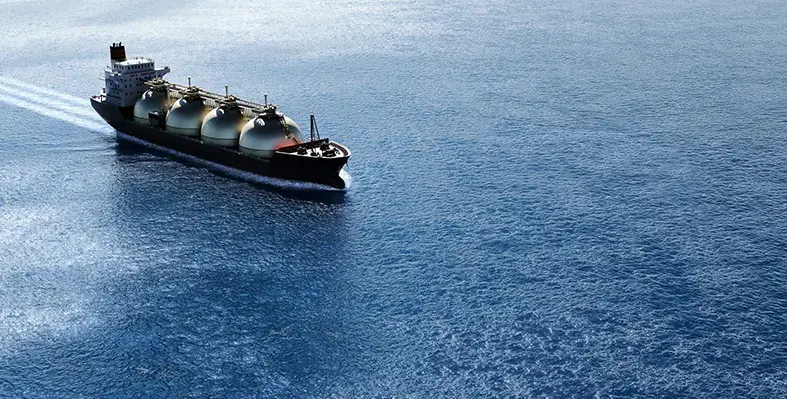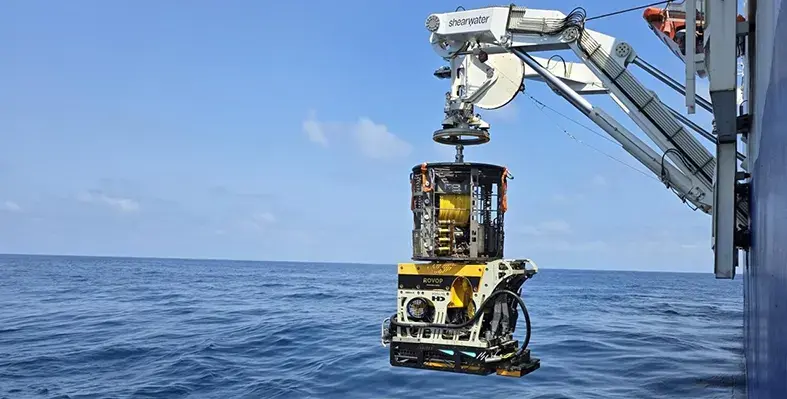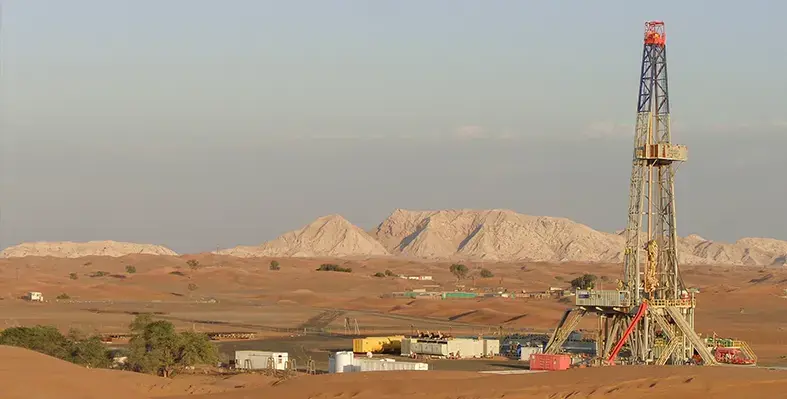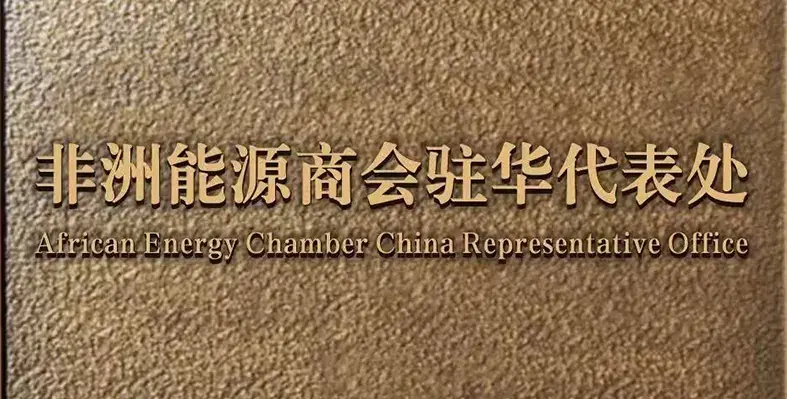Saipem has successfully converted the Scarabeo 5 semi-submersible drilling unit into a Floating Production Unit (FPU) for Eni’s Congo LNG Project, a key development for the country’s first natural gas liquefaction initiative
This milestone, awarded to Saipem in August 2023, marks the transformation of the Scarabeo 5 into a floating gas treatment facility, which will be installed offshore, northwest of the Djeno Terminal, at a depth of 35 metres. The FPU will serve as the control hub for the entire offshore development.
Built in the early 1990s, the Scarabeo 5 was selected for conversion due to its strong operational features. The transformation, completed in less than 24 months, showcases Saipem’s fast-track execution capabilities. This is also a prime example of a circular economy, where an asset is reused, reducing waste while maximising operational value. This aligns with both Saipem and Eni’s sustainability goals.
Alongside this, Eni is making significant progress with its Nguya Floating Liquefied Natural Gas (FLNG) unit. Set to boost LNG production, the Nguya unit is 376 metres long and designed with advanced technology to minimise its carbon footprint. The unit, which will be moored offshore, will help process gas from the Congo Basin and support future developments. The project is on track to reach 3 million tonnes per annum (MTPA) capacity by the end of 2025, following the successful start-up of the Tango FLNG unit in 2023.
The refurbished Scarabeo 5 will also send processed gas to the Nguya FLNG unit, further solidifying its role in the LNG production chain. Eni’s commitment to sustainable development is evident through these projects, aimed at reducing costs, enhancing efficiency, and ensuring minimal environmental impact.
Eni has been instrumental in Congo’s energy development for over 55 years, contributing to the country’s energy security and social initiatives.












